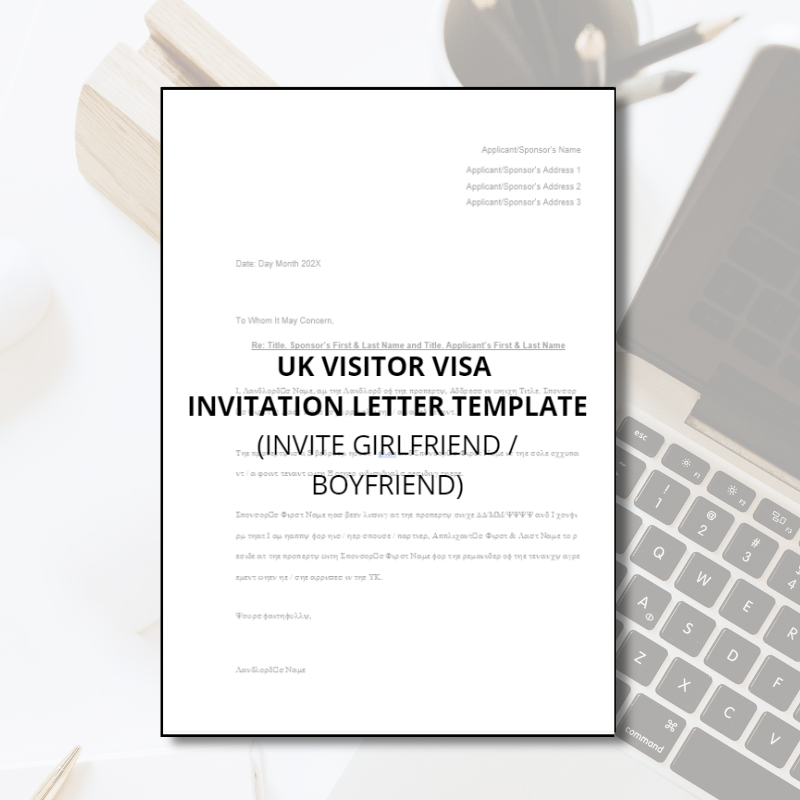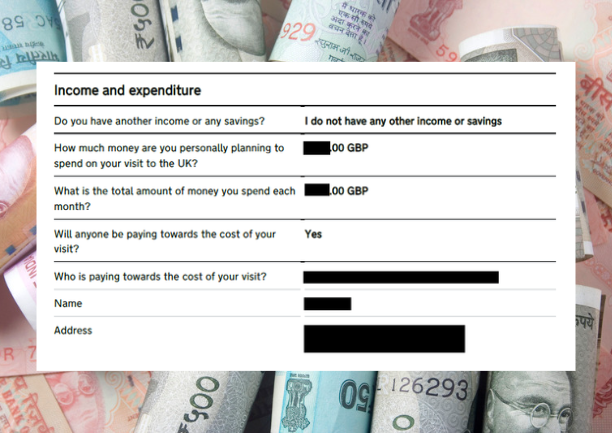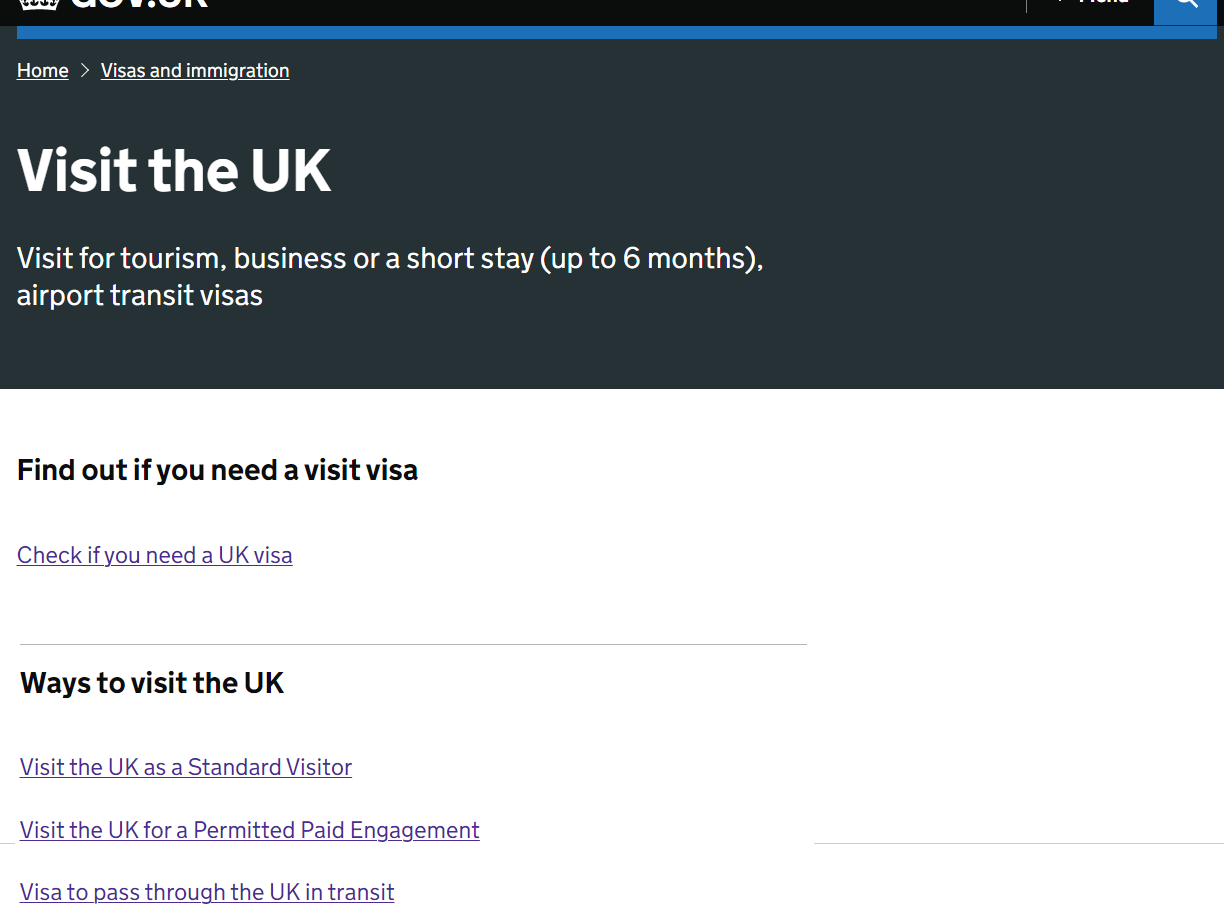How to write a Letter of Invitation for a UK visitor visa Application
Share this:
Unless you are a non-visa national i.e. you are NOT visa-exempt, and need to visit the UK, you will need to apply for a 'Visitor Visa' to enter the UK.
There are several types of visitor visas, each one permitting different/specific activities:
- A Standard Visitor Visa permits you to come to the UK for activities including tourism, visiting family and friends, conducting specific business activities (such as attending a meeting or conference), receiving medical treatment or for short term study. - This visa is also commonly known as a “Visit visa” or “Tourist visa.”
- A Permitted Paid Engagement Visitor Visa allows certain professionals to come to the UK for a paid engagement by a UK-based organisation or client.
- A Marriage Visitor Visa gives you permission to get married/register a civil partnership, or give notice of a marriage or a civil partnership in the UK
- Visa to pass through the UK in transit is required to pass through the UK in transit (on route to another country).
General Requirements of the Visitor Visa
As well as having a valid passport/travel document for the duration of your trip, the Home Office will also require you to sufficiently demonstrate that you are coming to the UK as a 'genuine visitor', which means that you will need to clearly evidence:
- That you will leave the UK when you finish your visit
- You have sufficient funds for your travel from and return back to your home country
- You will be able to financially support yourself and your dependants during your stay
- You are not attempting to establish permanent residence in the UK or make it your primary residence by frequent or consecutive visits.
How do you prove that you meet the requirements?
You will demonstrate the above to the Entry Clearance Officer assessing your application, by submitting relevant documents to support your case.
One of the documents you may need to include is a 'letter of invitation', depending on the reason(s) for your visit to the UK.
What is a letter of invitation?
A letter of invitation (also referred to as an invitation letter or sponsorship letter) is usually required when:
- You will be visiting and/or staying in the UK with family, friends or partners.
- You need to carry out activities relating to your employment/profession or study outside the UK (e.g. attending business meetings or performing as a musician, participating in an academic exchange).
- Participating in a (permitted) paid engagement for UK-based organisation or client.
Why do you need a letter of invitation?
As previously stated, the Home Office wants to see that you will be coming to the UK as a genuine visitor. The letter of invitation serves as (further/additional) evidence of the purpose for your visit, what you will be doing during your stay and any other critical information that is relevant e.g. your family member or friend will be providing you accommodation and/or financial support for your trip.
Ultimately you want to make it clear to the Entry Clearance Officer that you will not be breaching the rules of your visit visa when you come to the UK.
Who should write the letter?

If you are staying with family/friends
The letter will need to be written by the person that will be providing your accommodation and/or they will be financially supporting you, and addressed for the attention of the Entry Clearance Officer.
The person needs to be a British citizen or legal resident in the UK (known as the resident sponsor). Although the person writing the letter of invitation is not required to be a relative of the visa applicant, the relationship needs to be genuine, and needs to be sufficiently proven accordingly.
If you will be carrying out Permitted Paid Engagements
The letter needs to be written by the relevant UK-based organisation or client that you will be doing work for/with.
If you need to attend a business meeting, training, conference etc
The letter needs to be written by the organisation(s) sending you and/or inviting you to attend.
If you will be performing at an Event or Exhibition
A letter of invitation will need to be provided by the respective event organiser.
What should be included in your visa invitation letter?
The purpose of the visit
The letter should explain the primary reason for the visit, such as to visit family or friends, for a holiday, to attend/perform at an event, for business purposes etc.
The length of your stay
The letter should specify the planned length of your stay, including the planned dates of arrival and departure.
A general background of the Applicant
You should mention the relevant ties to your home country, such as if you are in full-time employment, run a business or have assets there.
An overview of the your travel plans in the UK
The letter should provide an overview of your travel plans in the UK, including any planned activities or events.
A detailed itinerary is only really required if you will be carrying out professional engagements.
The relationship between the person writing the invitation letter and the visa applicant
The letter should explain the nature of the relationship between the person writing the letter and the visa applicant, such as being friends, relatives, employer, client etc.
A statement of financial support
If the person writing the invitation letter is offering to cover the costs of the trip, they should include a statement of financial support in the letter. This should include details of the level support they are providing and how the costs will be covered.
The location of where you will be staying
You will need to provide the full address where you will be staying, and (if applicable) the name and contact information of the person providing the accommodation.
All of the information included in the letter must be truthful and accurate
As well as being honest and transparent about your intentions for coming to visit the UK, It is important to ensure that the information you include matches with the application form.
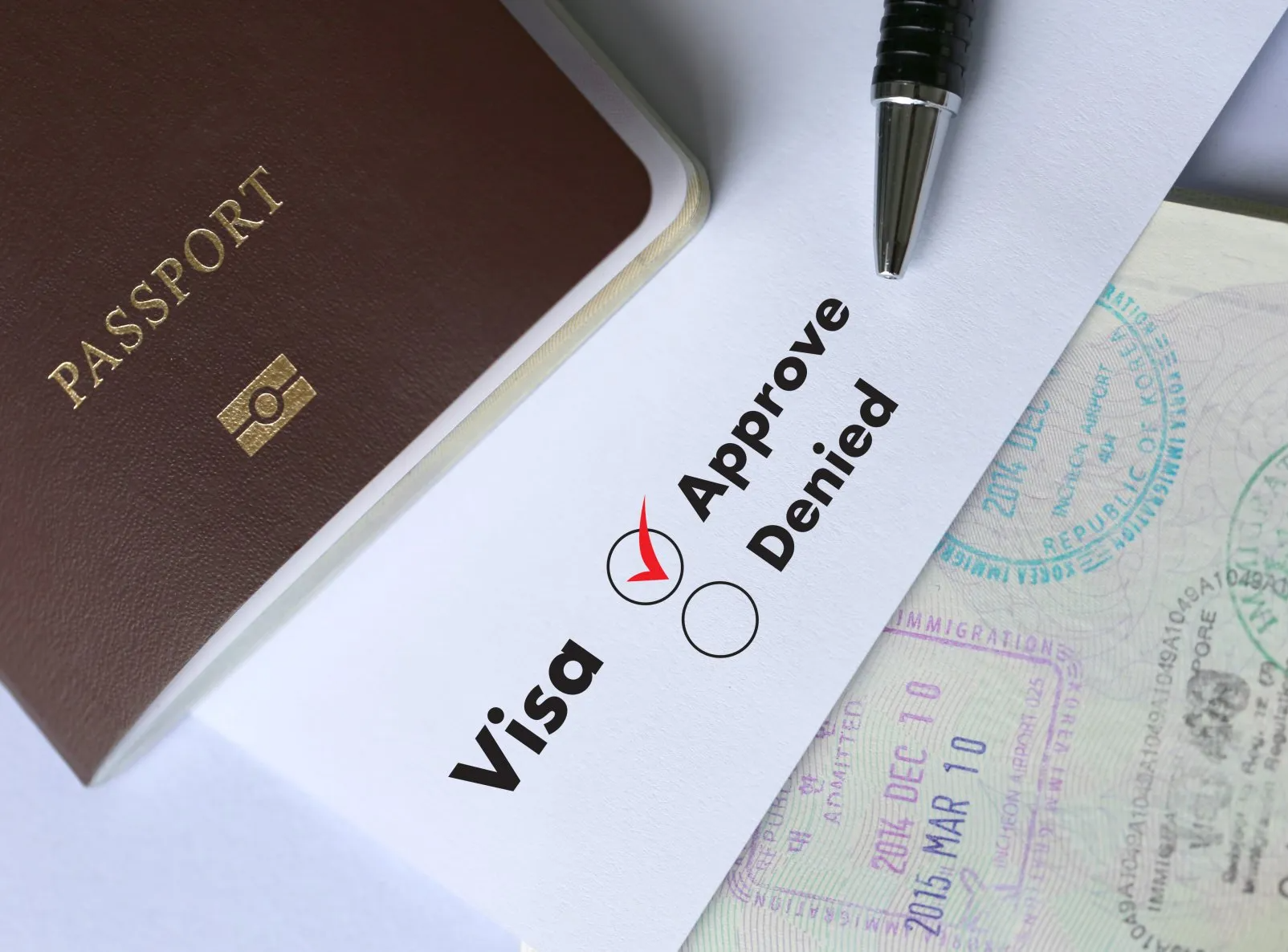
Tips for writing a Successful UK visitor visa invitation letter
Use a formal tone and professional format:
The invitation letter should be written in a formal tone, using proper grammar and spelling. It should also be formatted with a clear structure and layout. Where appropriate, try to incorporate bullet points or numbered lists to help break up the text and make the letter easy to read and cross-reference for the Home Office caseworker.
Include all relevant information in a clear and concise manner:
The letter should include all the necessary information about the planned visit, such as the purpose of the visit, the length of the stay, and the location of the stay. This information should be presented in a clear and concise manner.
What other Supporting Documents need to be submitted for the Visitor Visa Application?
Unfortunately there is no one-size fits all set of documents that can be applied to support your visitor visa application, as the items you must submit will always be subject to your personal circumstances. However, the core items you will be expected to include are:
- A copy of your valid Passport/Travel document
- Proof of Finances, such as Bank statements
- Evidence of suitable accommodation you have arranged in the UK
- Confirmation of any travel bookings, or relevant activity plans already scheduled
Conclusion
If you are required to provide one, an invitation letter will play an essential part in your UK visitor visa application. A well-written letter can help to demonstrate that you are coming as a genuine visitor to the UK.
To make an invitation letter most effective, it needs to be well structured and include all the relevant information in a clear and concise manner so it is easy to read, and correlates with the information on the application form and other supporting documents.
Ultimately, it is just one of many supporting documents you will need to submit for a successful application to get the visa granted.
Related Posts
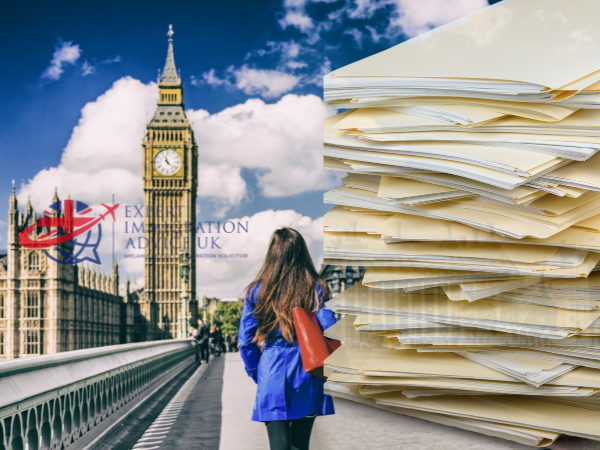
Share this:
While every effort has been made to ensure that the information and law contained in this article is accurate and current as of the date of publication, we accept no responsibility for its accuracy or for any loss or damages arising from accessing, or the reliance, of this guidance.
Please also note that the information does not represent a complete statement of the Law and does not constitute legal advice.
If you would like specific professional advice about your UK immigration matter, please consider booking a consultation or one of my other legal services.
Making a UK Visa or Settlement application can be a stressful experience, and whilst there is a lot of ‘free’ information online, finding clear expert guidance that is up to date, and in line with your specific requirements can be a daunting task.
If you have any concerns about your case, it is recommended to reach out for advice from a trusted legal professional.



